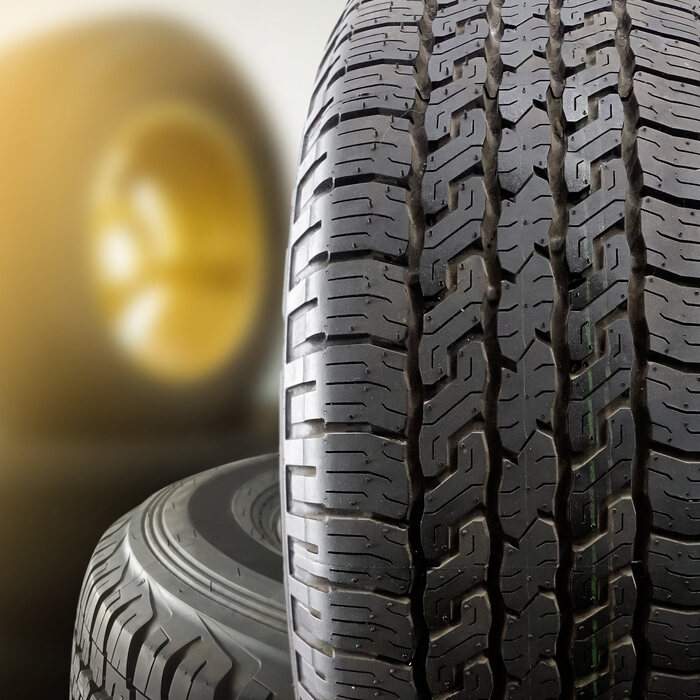
Summer Tyres
Find your tyres
Use the registration lookup / tyre size search boxes to see personalised results for your vehicle
Buy tyres online at great prices
Please enter your postcode to see availability information from your local Just Tyres centre.
Please enter your vehicle registration number or tyre size above to see summer tyres suitable for your vehicle
What are summer tyres used for?
Summer tyres are best thought of as mild weather car tyres
They're broadly suitable in most ‘standard' road and climate conditions, as long as the weather doesn't become too cold or wet. Unless you live in areas that experience a particularly severe climate with excessive rain, ice and/or snow, summer tyres will likely be a sensible choice outside of the coldest winter months.
All-round performance
In fact, summer tyres tend to offer the best all-round performance of any car tyre type during normal road driving in mild, average and warmer temperature conditions.
What is a summer tyre and how do they work?
Summer tyres are generally made from harder compounds, containing a lower proportion of natural rubber than equivalent winter or all-season tyres, ideal for dry roads and conditions. During average spring and summer temperatures, this compound naturally warms and softens slightly when driving.
The tread on summer tyres is noticeably less deep than that on all-season or winter tyres. They also tend to have fewer sipes, which are the sideways or zig-zagging grooves cut into the tread pattern for helping to evacuate water, slush and dirt.
Are summer tyres OK in the rain?
Generally speaking, yes. Good quality, reliable summer tyres tend to cope very well on damp roads, provided they don't become too cold.
You don't need to live in a particularly warm and sunny climate to get the best out of summer tyres, either. They perform just fine in mild or average temperatures, and during wet weather spells, too. This means summer tyres in the UK are an excellent choice during the typical spring and summer months, good for most drivers and standard passenger cars. (Note that requirements for SUV tyres and van tyres are often slightly different.)
As a general rule of thumb, summer tyres are suitable for use in any relatively mild weather. This applies as long as temperatures aren't approaching freezing (i.e. much lower than about 5-7 celcius), and there isn't an excessive amount of water on the road surface.
Specifically designed for dry conditions
However, they do often feature specially designed tread bars as part of the tyre pattern. This helps to lower the risk of aquaplaning and improves overall latitudinal and longitudinal grip on both dry and damp surfaces.
Being made from a more rigid compound means that summer tyres usually wear more slowly than softer winter tyres when driven on dry roads. Summer tyres have a lower rolling resistance than winter tyres, which helps to increase both handling response and overall efficiency. It also lowers road noise, resulting in a smoother and more comfortable ride quality.
Can I use winter tyres in summer (and vice versa?)
Winter tyres can be used during the summer months, and it is safe to do so, however it’s not recommended. Winter tyres are designed to grip the road through snow, ice, and surface water. When driving in dry, warm conditions, winter tyres will be malleable, and therefore won’t be as responsive, and are prone to wearing much faster.
Summer tyres are suitable only during light rain and mild frost during the winter months. During the depths of winter, with persistent below zero temperatures which result in thick ice, snow and wet roads, summer tyres are not recommended. In cold temperatures, summer tyres firm up, which can lead to cracking.
When should I change my summer tyres?
The key point to bear in mind with these tyres is that they're less suitable for use in more extreme conditions. This means when outdoor temperatures start to approach freezing (below 5 celsius), when road surfaces are very wet, or especially when there's any slush, ice or snow on the ground. Once the temperature is consistently below 7 degrees, or there is frequent rain or snow showers, it’s likely that it’s time to consider changing from summer tyres.
Under these harsher winter conditions, summer tyres will not perform nearly as well as winter tyres. This happens because summer versions struggle to reach the required temperature for their compound to soften in colder climates. As a result, they remain too stiff and brittle to work properly.
Braking and handling
Braking and handling can both be affected significantly, and the tyres themselves will damage far more quickly. Performance on ice, snow and slush will be especially poor, with greatly extended braking distances as the shallow tread struggles to gain traction.
When summer tyres stiffen and lose elasticity in the cold, there's an increased risk of them cracking or chipping around the tread blocks. This is unsafe, and will require you to perform a replacement tyre fitting immediately. Note that most warranties won't typically cover damage to summer tyres caused by driving them in unsuitable conditions.
But I was OK in summer tyres last winter
A lot of people will ask, 'What is a summer tyre?' not knowing that there are tyres designed for weather conditions. For optimum safety, cost and performance, we recommend always having the appropriate tyres on your car. It may seem that way, but driving with summer tyres in winter (and vice versa) will have almost certainly accelerated the rate at which your tyres have deteriorated.
Summer tyres are specifically designed for warmer, drier conditions, so using them as intended will ensure they last much longer than if you were to use them during the colder months. Using winter tyres in summer or summer tyres in winter will cost you more in the long-term, as they're not designed for the weather conditions that come with those seasons.
Contact Us
If you’re looking to change to summer, winter, or all-season tyres and you’re not sure where to start, contact us today and a member of our team will be able to help.






 Same Day Fitting. Order By 10:30am
Same Day Fitting. Order By 10:30am
 39 Nationwide Fitting Centres
39 Nationwide Fitting Centres
 5 Year Warranty On All Tyres
5 Year Warranty On All Tyres
 Price Check Promise. Always Great Deals
Price Check Promise. Always Great Deals













.jpg)


 Find a Centre
Find a Centre

